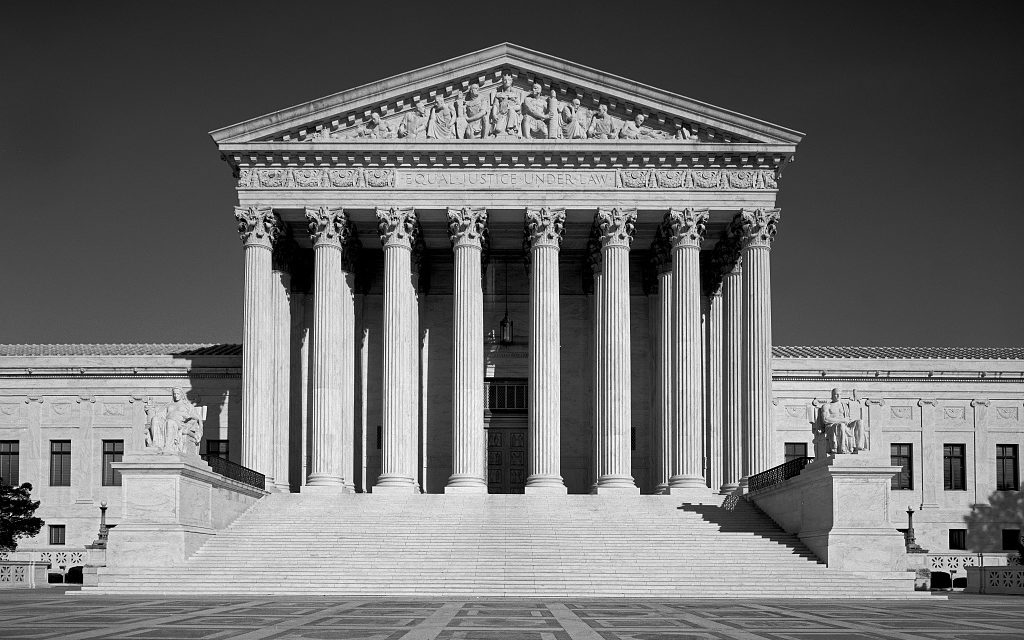Today the U.S. Supreme Court accepted three cases for hearing—granted “cert” in legal parlance—involving the definition of the word “sex” in the federal law prohibiting employment discrimination.
Two of the cases involve sexual orientation: Altitude Express v. Zarda (17-1623); and Bostock v. Clayton County (17-1618). A third case involves gender identity: R.G. & G.R. Harris Funeral Homes v. EEOC (18-107).
The federal employment law that prohibits discrimination on account of race, religion, sex, or national origin is known as Title VII. That law was passed as part of the 1964 Civil Rights Act, and the U.S. Equal Employment Opportunity Commission (EEOC) began operations in 1965 to create policies and processes for investigating and resolving claims of employment discrimination involving those four protected classes.
In 1964, the definition of “sex” was universally regarded as including only biological males and females. No one in Congress (or the public, for that matter) even remotely considered the definition to include sexual orientation or gender identity. Congress has considered bills over the years to amend Title VII to include those two categories, but has rejected them every time.
Today, however, the justices have been asked to ignore the history of Title VII, including unsuccessful attempts to amend it, and usurp Congress’s legislative authority by essentially re-writing a federal statute. It now must include sexual orientation and gender identity in the meaning of the word “sex,” so the argument goes, for no other reason than because the times have changed.
Beside the bare legal issues raised by these cases about statutory interpretation, there are three main subtexts in all these cases involving the role of the courts, the role of administrative agencies, and the religious freedom of employers to operate their businesses in accordance with their faith.
First, do courts have the authority to redefine a statute’s meaning if the congressional intent was clear from the beginning, and re-emphasized over the years? One would hope that a judge or justice with a strong constitutionalist philosophy would answer that question in the negative. However, several lower federal courts have taken it upon themselves to overrule Congress and include sexual orientation and gender identity in Title VII. The Supreme Court has an opportunity with these cases to send a strong message throughout the federal court system.
Second, can a quasi-independent federal agency like the EEOC take it upon itself to overrule Congress by bringing lawsuits against employers for the simple purpose of getting activist judges to redefine “sex” to include sexual orientation and gender identity? This seems like blatant agency overreach. Officials at the EEOC are appointed, not elected, and have no accountability to voters. Commission policy in recent years has been heavily influenced by LGBT activist and Georgetown professor, Commissioner Chai Feldblum, an Obama appointee who only recently left the EEOC when her term expired.
Third, a court-mandated redefinition of the word “sex” will impair the religious free exercise of faith-based employers. The Harris Funeral Homes case is a perfect example. The Christian owners of the funeral homes are being forced to allow a male employee—who identifies as a woman—to come to work dressed as a woman. The owners take exception to that based on God’s view of male and female, and also want to protect the sensitivities of grieving families who are also oftentimes people of faith.
These cases will be heard in the next term of the Court that begins in October.






